Activist groups aim for relevance in an Obama world
With the election over, activist groups on campus are transitioning from the pre-election political fervor—with its flurry of voter registration drives, out of state canvassing trips and phone banks—to new endeavors.
In a forum organized by Campus Progress, the Roosevelt Institution and Democracy Matters, student activists joined together on Nov. 13 to discuss how to move forward, keep students involved, and improve communication between groups and the student body.
“The forum was held to get all different activists in one room and figure out where we were going next,” said Saul Carlin ’09, President of Democracy Matters. “The focus of activism on campus has been the elections. With the elections over, now we can think about what policy change we want passed by our representatives.”
The event’s three organizers decided at the forum to join together to form the Wesleyan Activists’ Coalition for Progress, a nonpartisan, umbrella organization that would bring together different activist groups on campus.
“We decided that the best way we could effectively work and capture that fervor would be to change the way groups communicate,” said Lily Mandlin ’10, president of the Wesleyan chapter of the Roosevelt Institution, a nonpartisan student think tank and one of the organizers of the forum.
While the coalition is still in the early stages, its organizers hope to have it running by spring semester. One of their goals is to create a common blog, modeled after President-elect Obama’s website, change.org, where student groups can post about different events or activist efforts. According to the organizers, the coalition would encourage collaboration on common goals and help students find groups to become involved with.
Further, many of these on-campus political groups that actively campaigned and prepared for the election have since found new issues to pursue.
Democracy Matters, a nonpartisan group that worked on getting Wesleyan students registered to vote and acquiring absentee ballots, now plans to work toward passing bills for same-day voter registration in Connecticut and nationally. In Connecticut, voters can register on Election Day, but doing so means they are only eligible to vote for the presidential race.
“Every election, hundreds of thousands of students are disenfranchised because of deadlines and forms that are serious obstacles,” Carlin said.
The group will also work on state and national campaign finance reform, to allow more nontraditional candidates without large donor networks to run.
The Wesleyan Democrats (WesDems), who successfully campaigned for President-elect Barack Obama, Connecticut congressman Paul Hodes and Connecticut state representative Matt Lesser ’10, are looking at both local and national issues to pursue for next semester; these include passing same day voter registration legislation in Connecticut, environmental legislation, and Middletown issues, such as bringing better transportation to the city.
“Now we have a lot of progressive Democrats [that] we’ve put in office,” said Bradley Spahn ’11, President of WesDems. “We will pursue the policy and change we want…we have a Democratic super-majority in the state house, it’s time to use it.”
While Wesleyan Students for Barack Obama, a group that was at the center of Obama activism on campus, has since dissolved, its leaders remain hopeful that members will stay active in politics through other groups, such as WesDems.
“I am really hopeful and was really encouraged by who came out for the elections,” said Dan Levine ’11, field coordinator for Wesleyan Students for Barack Obama. “I really hope we can keep that network up. We have to make sure that we let officials know how important the issues are to us as students.”
On the right side of Wesleyan’s activism, Wesleyan Republicans campaigned for local candidates such as Ray Kalinowski, who lost to Matt Lesser. Next semester, the group will focus on campus-related issues, such as the endowment and budget cuts.
The Wesleyan Republicans have also been communicating with other college groups and Connecticut Republican state chair Chris Healy. Many members, however, felt that Republican values were not being represented nationally.
“A lot of college age Republicans agree on reevaluation and restructuring,” said Eugene Wong ’09, president of the Wesleyan Republicans. “The way things were done on a national level shifted away from the party’s core values. Even older Republicans realize this and have been reaching out to the college level.”
While President-elect Barack Obama was at the center of campus activism this semester, students are committed to enacting their own version of “change you can believe in.” SDS will work on Middletown-Wesleyan relations next semester, and the Environmental Organizer’ Network (EON) has just released a report on Wesleyan’s greenhouse gas output. They plan to publish a plan for carbon neutrality by next year.
While Obama’s candidacy brought out unprecedented youth participation in politics, many of these student groups argue that their work has just begun. The election may have caused a shift from the past eight years—when many activists felt disheartened at any possibility of creating change—but students recognize that their efforts will be needed more than ever.
“It’s too soon to tell whether activist fervor has lessened [since the election], but it’s not too late to catch it,” Mandlin said. “It doesn’t mean activism is still not important. There is still a tremendous battle for every issue that is important for the student body.”

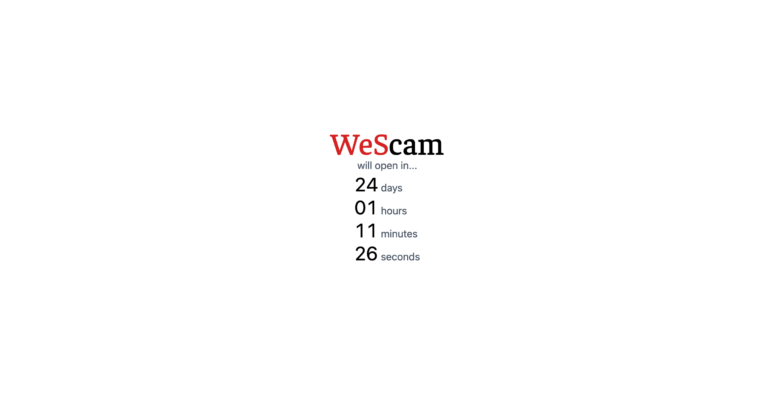
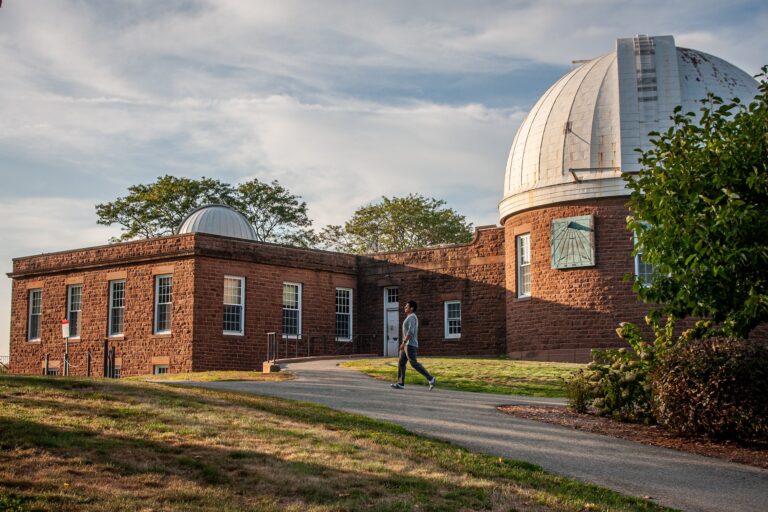
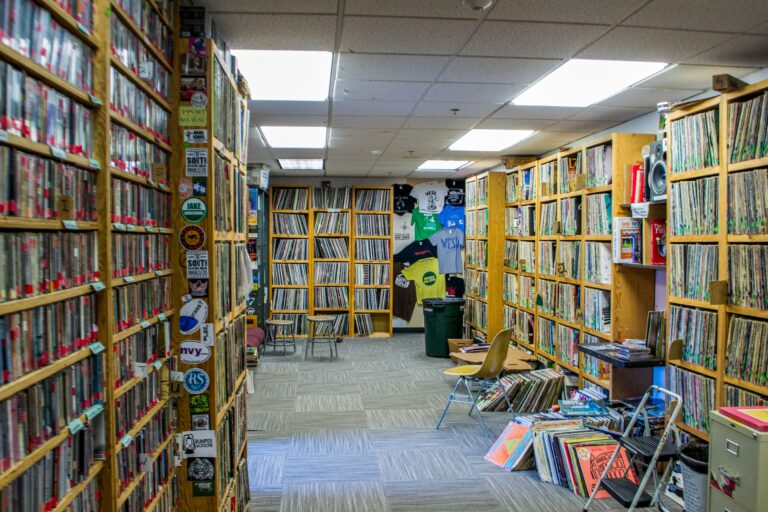
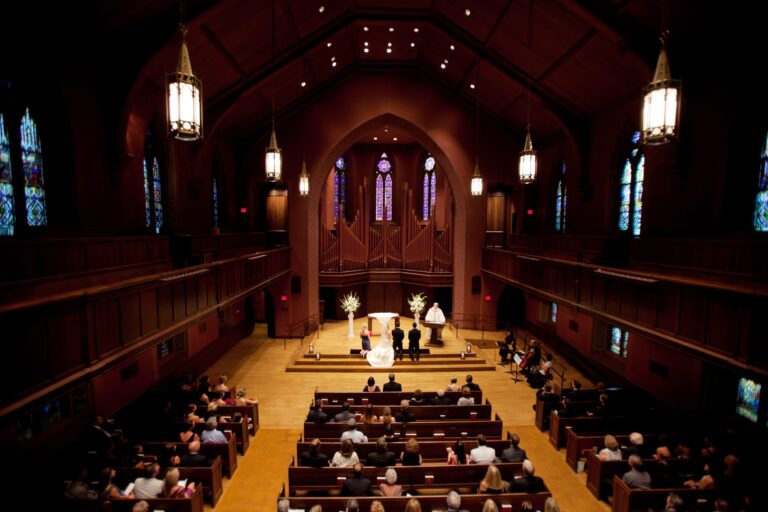
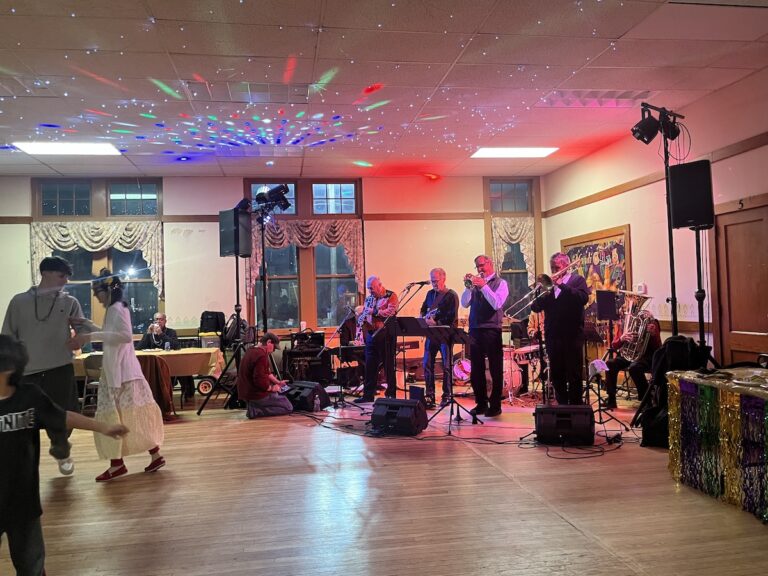

Leave a Reply